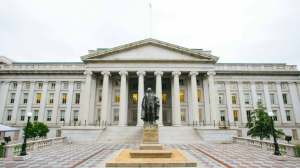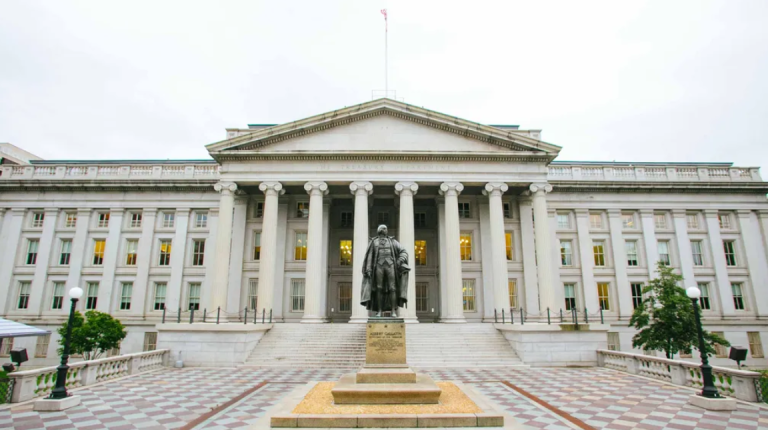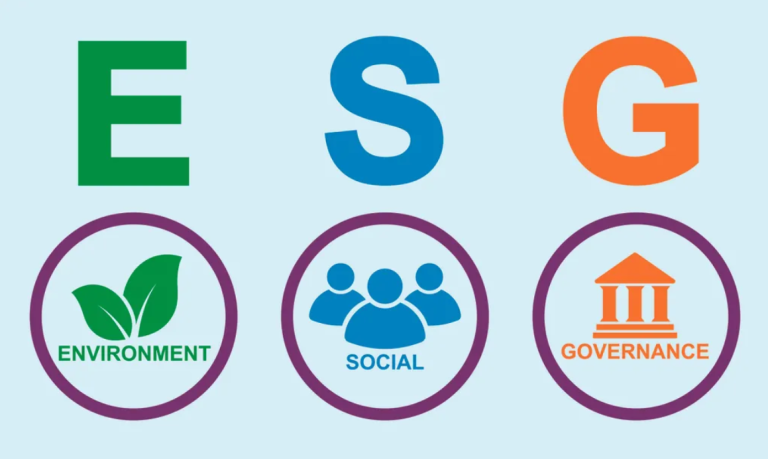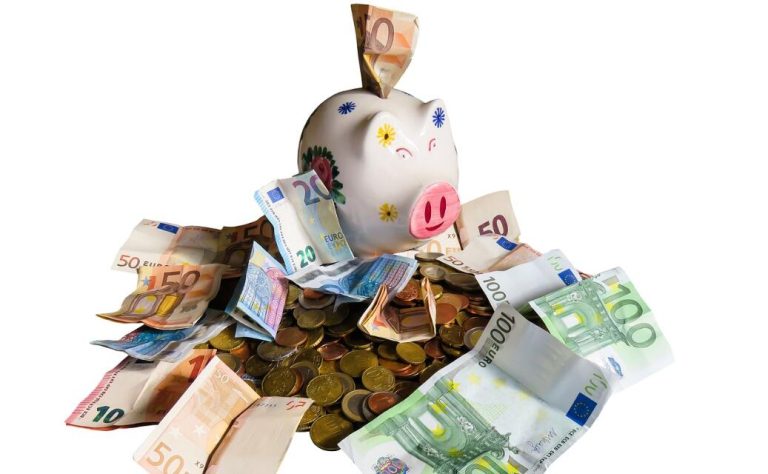Introduction: The EU’s Fiscal Crossroads
The European Union (EU) finds itself at a critical juncture in the wake of the pandemic. With substantial borrowing to combat economic challenges, EU member states now grapple with diverging views on the path forward regarding fiscal policy.
- Pandemic-Induced Borrowing
The COVID-19 pandemic prompted EU member states to undertake substantial borrowing to mitigate the economic repercussions. Funds were allocated for healthcare, stimulus packages, and relief measures, which resulted in increased debt burdens.
- Fiscal Responsibility vs. Stimulus
The EU now faces a dilemma between fiscal responsibility and the need for continued stimulus. Some member states argue for strict fiscal discipline to manage debt levels effectively, emphasizing the importance of long-term sustainability. Others advocate for sustained stimulus to boost economic recovery and growth.
- Recovery Fund Disbursement
The EU’s Recovery and Resilience Facility, a €750 billion recovery fund, is at the center of this debate. While designed to stimulate post-pandemic recovery, it has created discord over how these funds should be allocated and the criteria for disbursement.
- Northern vs. Southern Divide
A recurring theme in the EU fiscal policy debate is the division between northern and southern member states. Northern countries, like Germany and the Netherlands, prioritize fiscal prudence, emphasizing the need to avoid excessive debt. In contrast, southern countries, such as Italy and Spain, advocate for a more relaxed approach, focusing on stimulus.
- Unresolved Policy Conflicts
These conflicts within the EU have led to unresolved policy issues, particularly regarding the disbursement of funds and the extent of reform commitments member states must undertake to receive financial support. This impasse threatens to delay the deployment of critical funds to support post-pandemic recovery.
- Economic Ramifications
The unresolved fiscal policy debate has economic implications. Delays in disbursement can hamper the pace of economic recovery, leaving many EU economies vulnerable to potential setbacks in the coming months. Balancing fiscal responsibility with stimulus measures is a challenge that EU leaders must address promptly.
- The Role of the European Central Bank
The European Central Bank (ECB) has played a crucial role in supporting EU economies during the pandemic. It continues to implement monetary policies aimed at keeping borrowing costs low and facilitating economic recovery.
- The Way Forward
The EU’s fiscal policy debate is far from resolved, and finding common ground will be essential to ensure a coordinated and effective response to post-pandemic economic challenges. Striking the right balance between fiscal discipline and stimulus measures remains a formidable task for EU leaders.
Conclusion: A Critical Crossroads
As the EU navigates its fiscal policy post-pandemic, it stands at a critical crossroads. The balance between fiscal responsibility and continued stimulus measures is delicate, with differing views across member states. Resolving these policy conflicts and finding a way forward will be crucial in determining the EU’s economic trajectory in the years to come.



































